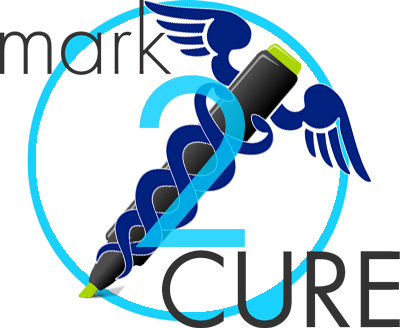We’ve posted a lot about the growing amount complex biomedical research and omics data that needs to be organized, integrated, and analyzed in order to be effectively applied. Similar issues apply to the growing volume of growing volume of biomedical research publications that take an increasing amount of time for researchers to thoroughly examine. The Net work of BioThings aims to:
- “structure biological knowledge by annotating BioThings (genes, proteins, mutations, diseases, and drugs) in biomedical research articles. We want to comprehensively annotate the mentions of these BioThings in research articles, and also want to describe the nature of the relationships between these entities. Finally, we want to do it in roughly real-time (within one week of publication)”.
- Crowdsourcing
- Natural Language Processing
- Citizen science
- Microtask markets
- Professional biocuration
- Scientific publishing
- Open Innovation Challenges
To accomplish this task, a kitchen sink approach employing some or all of the following methods (and more) may be used:
Mark2Cure is the citizen science approach to addressing the problem of ‘too much information’ in biomedical research literature. Citizen scientists can make a real difference in this arena, simply by helping to better annotate biomedical research literature, which will enable researchers to better organize, integrate, and analyze the information that exists. The developers are currently making great progress on creating the beta version of Mark2Cure, but citizen scientists will be instrumental for improving it.

